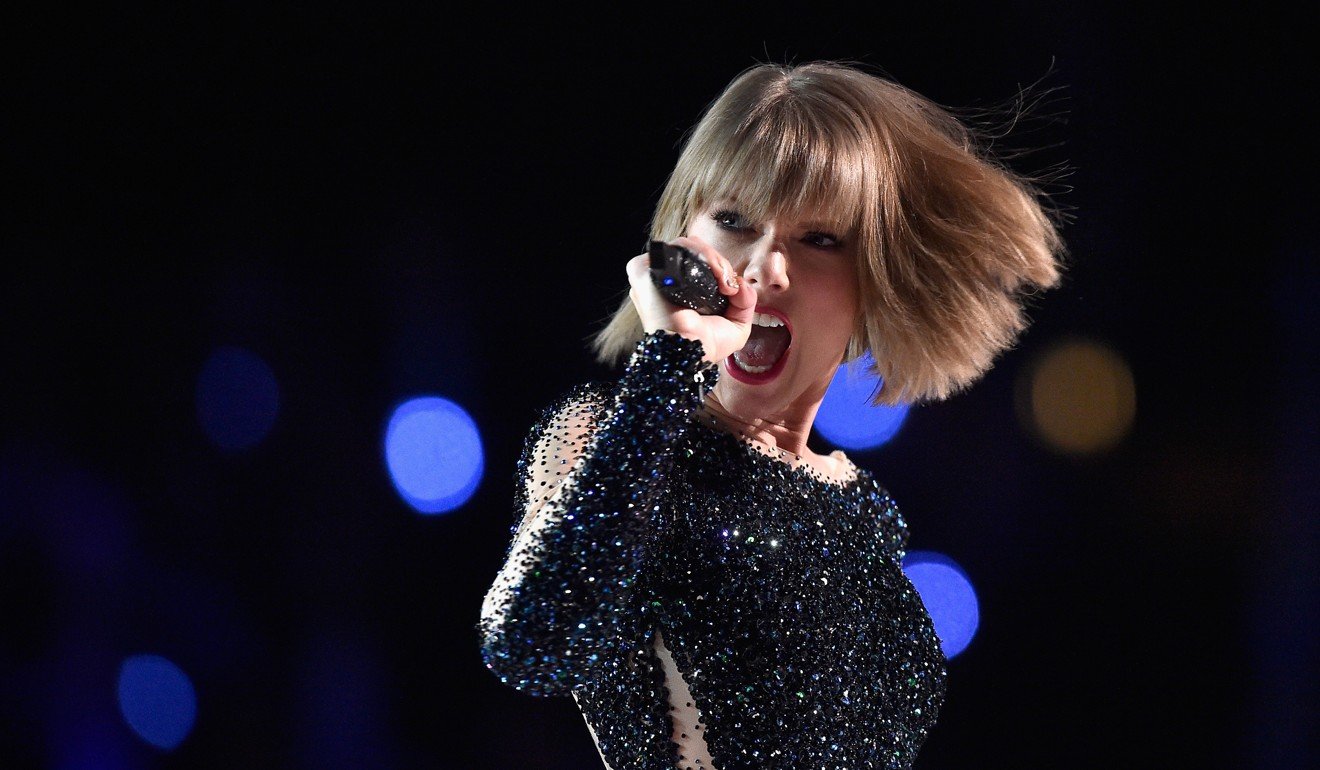
This article is more than
6 year old
The inter-agency committee reviews acquisitions of US companies by foreign firms for possible national security risks. In order to block Universal’s partial sale, the committee would have to argue that Tencent’s investment in Universal is a risk to national security.
Since labels collect data on peoples’ listening habits – a practice further enabled by the rise of online streaming – many see the argument as legitimate. This is true even though Vivendi is a French company, and despite the fact that it’s looking to divest less than half of Universal. Ultimately, the committee’s scope covers any company with substantial US operations.

The committee has only become this powerful in recent years, thanks to US President Donald Trump. Last year, Trump signed into law the Foreign Investment Risk Review Modernisation Act of 2018 as part of the annual defence bill.
The law boosted the committee’s oversight by allowing it to look at minority investments that could give board seats or provide non-public information to foreign investors.

As it stands right now, Trump could make the final determination around any deal. After all, he possesses the authority to block transactions under the current set-up. Trump cited the committee’s recommendation last year when he blocked Broadcom’s takeover bid for rival chip manufacturer Qualcomm.
The committee’s intervention has mostly been used in the past to curb China’s growing hunger for American technology. Most recently, the US government
forced Beijing Kunlun Tech to sell its 60 per cent stake in gay dating app Grindr over data privacy and national security concerns.
The list of other Universal artists who could get caught up in any US-China trade conflict include most of the world’s top-selling artists, such as Ariana Grande, Justin Bieber, Nicki Minaj, Maroon 5, Imagine Dragons, Adele, Elton John, Coldplay, Miley Cyrus and U2.